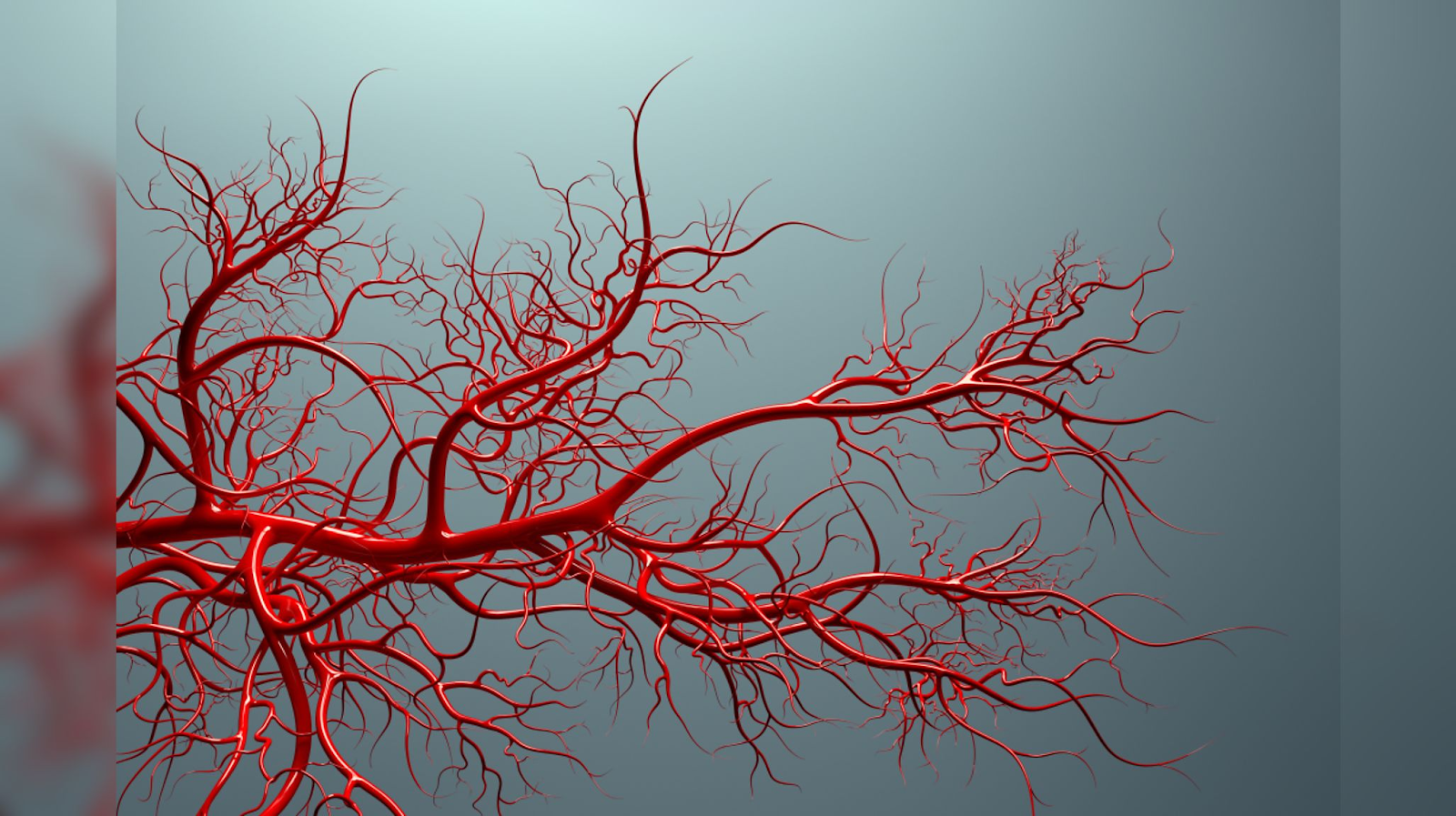New Study Reveals Dire State of Global Fish Stocks

A recent study published in the journal Science has found that global fish populations are facing more serious problems than we previously thought, with more fish stocks being overfished or in danger of collapse. Key Findings The study shows that current fishing practices are taking more fish than can naturally be replenished, mainly due to both local and large-scale industrial fishing. Researchers looked at data from 230 different fish stocks and discovered that past reports had overestimated how many fish were available and how quickly they could recover. Issues with Catch Limits Policymakers set limits on how many fish can be caught based on scientific advice to prevent overfishing. However, these limits have often been set too high, which has resulted in nearly one-third of fish stocks labeled as “sustainably fished” by the FAO actually being overfished. What is “Phantom Recoveries”? The study also found cases of “phantom recoveries,” where fish populations appeared to be doi...

